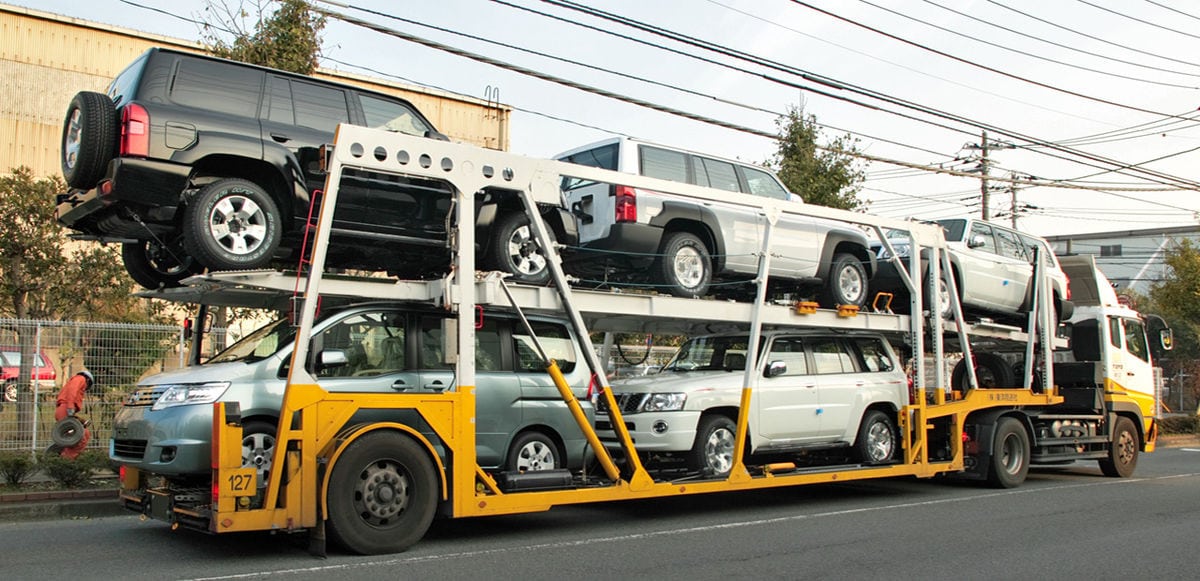Getting your very own car for the first time is a significant milestone to many, especially since it comes with a degree of freedom. Since it is your first car, you will need to take the time to learn the ropes about using it and caring for it to ensure it stays in tip-top shape. Indeed, owning a car can be an exciting and unforgettable moment, but remember that it comes with several responsibilities. Beyond the shiny exterior of your new car and the thought of driving to many places, you also have to learn about how to maintain your car’s condition.
Though some things may seem unfamiliar or new, you should not feel intimidated by the thought of having your own car. At the end of the day, the pros certainly outweigh the cons, so you need not worry about whether you made the right decision to purchase a vehicle. From bringing spare wheels to estimating your monthly budget, there are tips you can follow to make the process of being a first-time car owner much easier. Before you know it, you will fall into a regular routine and get used to managing your vehicle.
Estimate Your Monthly Budget
Aside from the upfront cost that you pay when purchasing a car, there are also monthly expenses that you have to take note of. Insurance, fuel, and maintenance expenses are some of the most common costs you will incur on a regular basis. While the thought of this may sound overwhelming, you can manage your finances by establishing a monthly budget.
Try to estimate how much you can allocate to each of the expenses, and see if you can manage your car usage based on that. If you are trying to save on fuel expenses, one way to do so is by changing your driving habits– avoid accelerating quickly or making sudden brakes as this can eat up your gas quickly.
Find a Local Mechanic
Once you become a car owner, find a local mechanic who you can go to any time you experience problems with your car. It is advisable to find someone within your neighbourhood or city, so you can get your car repaired immediately. Try to ask your friends and family for recommendations on reliable and trusted mechanics since you want to make sure you work with someone who has the knowledge and skill.
Read the Manual
Many people tend to ignore the owner’s manual, but as a first-time owner, it is crucial that you do not miss this step. Typically, the manual will explain the specifications and features of your car, along with the type of oil you should use and the general maintenance routine. The manual will also tell you the ideal oil levels and provide instructions on how you can check your vehicle’s oil.
Check Tire Pressure
Checking your tire pressure monthly is essential to ensure your wheels are not underinflated or overinflated. Driving with poorly inflated tires can cause damage to your car or burn fuel much quicker, so make sure you constantly check your tire’s pressure. To stay on the cautious side, you can also bring spare tires to prevent getting stranded if your tires get flat while on the road. With that said, you will also have to learn how to install the tires properly to prevent causing injury or damage.
To help you become more prepared for possible flat tires, you can perform a tire drill. Check your owner’s manual to study how to replace your tire, then try to perform it on your car. Try to ask an experienced person for help in case you make a mistake, but doing this drill can ensure that you are ready in case your tires ever go flat.
Get Regular Car Washes
Getting a car wash may seem like a luxury or unnecessary expense, but it can also help keep your car in good condition. Aside from making your car stay clean and shiny, a car wash can also protect your car from rust and corrosion, which may result from the buildup of dirt and debris.
Indeed, becoming a car owner comes with responsibilities, but these should not stop you from getting your dream set of wheels. Rather than spending the time worrying about how you will keep your car in good condition, enjoy the process of being in the driver’s seat and learning the ropes. As always, remember to drive safely and cautiously to keep you out of harm’s way.







